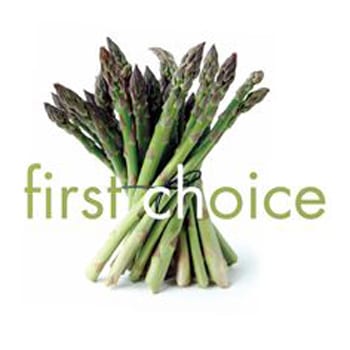Street Food is the New Normal

Whilst the rest of Europe were quick to open up vast urban areas to al fresco dining, the UK has mostly been plagued by bureaucracy; slow on the uptake and bogged down by lengthy paperwork procedures. It means that the one consistency of Government advice – that it is safer to be outside than in – cannot be followed successfully by the majority of restaurants. It’s becoming more clear with ever changing legislation that street food has an increasingly important part to play within hospitality.
I realised this more than ever whilst stood within the ruins of Coventry Cathedral this summer. Birmingham’s long standing Digbeth Dining Club had set up there (along with Warwick Castle, Longbridge, and others) for a series of events, driven by a need to find sites more suited to social distancing than their original set-up. Here the traders were lined around the peripheral with everyone seated within the centre. Groups were capped to smaller numbers and they ran ticketed sessions. It was the perfect pop-up to fit the way we were being told to adapt.
“We’ve always been used to quickly adapting to requirements”, Jack Brabant, co-owner of Digbeth Dining Club told us. “Every week we’ve become accustomed to assessing tangibles like the weather and pivoting where needed. In that respect we felt that street food has been in the best position possible to react to the ever-changing COVID-19 situation. But it’s been tough for us all”.
It’s a working condition that suits the traders. They are able to move to different events, and are not affected by the ongoing rental moratorium which threatens to leave many facing eviction come December 31st. Mark Laurie, Director of NCASS, foresees an inevitable shift to trading on private land; “London is operating on 30% of trading at present, which means that rent is 200% too high. Businesses will become wise to a new way of operating without the permanent overheads”. NCASS themselves have had a busy lockdown ensuring all of their members have completed the Certification Scheme so they can legally and safely operate during the pandemic.
With another lockdown potentially looming the future is an ominous one. It’s likely that we will see urban spaces take a village life perspective with businesses travelling to areas where customers can access them on given days, or where permanent street licenses are handed out by councils. One thing is sure, street food will be leading the way with how we go out to eat.
Guest blog by www.meatandoneveg.blog












